Ørecomm Festival: Selections from Day 1
It’s Friday morning and people are arriving to Roskilde University. Groups of people are lingering outside the venue, already in the process of getting to know each other. Many of the participants have travelled far to attend the Ørecomm Festival. Two of them are Salsabil Elregaily from Egypt and Amal Dib from Lebanon who arrived together from Berlin the night before.
“We are PhD candidates at Freie Universität Berlin, and that’s also how we got to know each other,” says Amal.
Amal is working in the field of Media and Communication and Salsabil in Fine Arts. Both of them are about to present their research at the festival.
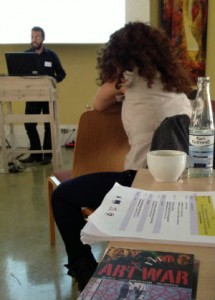 ”I really liked the interdisciplinary approach of the festival. I never thought that Salsabil and I would be able to present at the same conference, coming from different fields.” says Amal, and then adds ”Our interests meet in the festival theme; memory is central in our research.”
”I really liked the interdisciplinary approach of the festival. I never thought that Salsabil and I would be able to present at the same conference, coming from different fields.” says Amal, and then adds ”Our interests meet in the festival theme; memory is central in our research.”
With more than 130 participants on site and 190 followers online, Thomas Tufte, co-director of Ørecomm entered the stage, setting the intention of the festival.
“Often times many of us have multiple identities, being both researchers and activists, or filmmakers and students. We want to tear down some of the artificiality of the given borderlines between these professions and disciplines.”
The first day was offering a theoretical frame to the festival and the festival theme, with engaging speakers such as Kendall R. Phillips defining living memory and Communication for Development specialist Jo Tacchi connecting the festival theme to the development field, which is central to the work of Ørecomm.
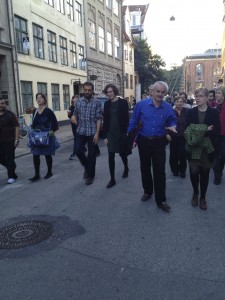 The last session of the day had a more practical approach to it. Anders Olling from Another Copenhagen met up with a group of enthusiastic participants in a sunny Nyhavn. Zig-zagging between the many bars in the area he revealed another side to this picturesque neighbourhood. A Nyhavn were ships once set sails towards today’s Ghana to trade weapons for slaves, then used as work force on Danish sugar plantations in the West Indies.
The last session of the day had a more practical approach to it. Anders Olling from Another Copenhagen met up with a group of enthusiastic participants in a sunny Nyhavn. Zig-zagging between the many bars in the area he revealed another side to this picturesque neighbourhood. A Nyhavn were ships once set sails towards today’s Ghana to trade weapons for slaves, then used as work force on Danish sugar plantations in the West Indies.
“I’m so tired, but so happy that I came along. It was really interesting,” exclaimed one of participants at the dark courtyard of Amalienborg, the last stop of the walk.
 New PhD opportunities at the University of Leicester
New PhD opportunities at the University of Leicester Call for Abstracts: New Directions in Media, Communication and Sociology (NDiMS) Conference
Call for Abstracts: New Directions in Media, Communication and Sociology (NDiMS) Conference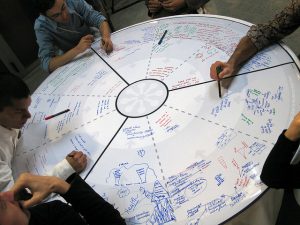 Ørecomm Team to Gather at the University of Coimbra
Ørecomm Team to Gather at the University of Coimbra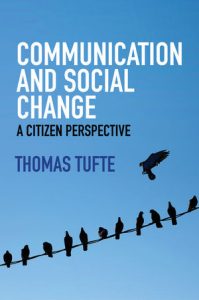 “Communication and Social Change – A Citizen Perspective” Published
“Communication and Social Change – A Citizen Perspective” Published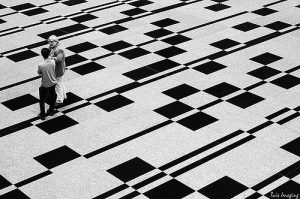 C4D Network to Sum Up Global Communication for Development Practice
C4D Network to Sum Up Global Communication for Development Practice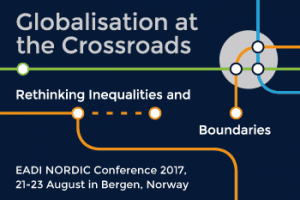 Entering Media and Communication into Development Conferences?
Entering Media and Communication into Development Conferences?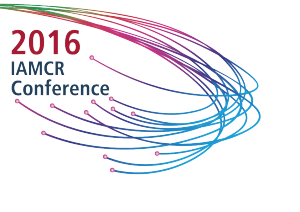 IAMCR Conference 2016: Communication for Development Highlights
IAMCR Conference 2016: Communication for Development Highlights Glocal Classroom Revisited – Storytelling & Social Change Leicester-Malmö
Glocal Classroom Revisited – Storytelling & Social Change Leicester-Malmö I EvalComDev International Conference: Call for Papers
I EvalComDev International Conference: Call for Papers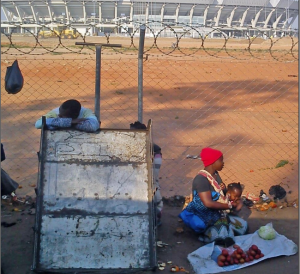 Looking for Media and Communication in Development Conferences: Devres 2016
Looking for Media and Communication in Development Conferences: Devres 2016